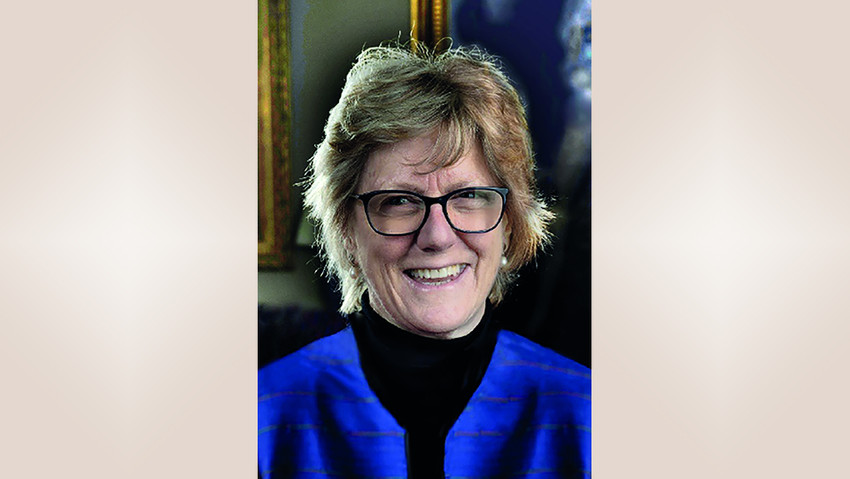The silent pandemic is not silent anymore
This data is a wake-up call for governments, industry, academia and the public to each play their part on AMR.AMR risks global health, economic, and food and water security, with impacts on the environment, equality, and development. Without urgent action, AMR could kill up to 10 million people each year, and leave us without sustainable medical or food supplies.
With COVID-19, we have seen how powerful global action can be and how quickly industry and academia can develop solutions to solve a global challenge if governments provide the right framework and incentives. AMR demands the same level of collaboration, leadership and urgency. Our efforts to build back from
COVID-19 and prepare for future pandemics overlap with the actions needed to address AMR.
I am proud of the work that the UK has done to secure AMR on the global agenda, not just as a health issue, but as a ‘One-Health’ issue with enormous social and economic impact. Under the UK’s G7 Presidency last year, we secured commitments on innovation, access and stewardship for antibiotics. For the first time ever, G7 Finance Ministers recognised AMR as an issue for them to act upon. As they look to explore concrete market incentive options to bring new antimicrobials to patients, they are sending a signal to investors that stewardship, innovation, and access will be rewarded. This will present a significant opportunity for the pharmaceutical companies that remain active in antibiotic R&D.
The UK’s world-first ‘subscription’ model will pay a fixed annual fee to companies rather than a price per volume of antibiotics. This will give pharmaceutical companies certain demand, embed stewardship, and ensure that patients can access the treatments they need. The proposed US PASTEUR Act would also de-link payments from volume of treatments used, and I am delighted that the EU’s Pharmaceutical Strategy also commits to a pull incentive. Earlier this year, the AMR Action Fund announced its first two investments. Industry is rolling up its sleeves to protect the essential infrastructure, antimicrobials, which wider portfolios such as protein, pharmaceutical or healthcare industries depend on. This can only be the beginning. Industry must step up- investing in antibiotic innovation, enforcing limits on antibiotic pollution from manufacturing from their own and third party sites, and ensuring that all products have stewardship and access plans.
We must work together across borders and sectors to tackle the silent AMR pandemic.
Professor Dame Sally Davies, is the UK Government’s Special Envoy on AMR. Dame Sally was the Chief Medical Officer for England and Senior Medical Advisor to the UK Government from 2011-2019. She is a leading figure in global health, serving as a member of the WHO Executive Board 2014-2016 and as co-convener of the UN’s Inter-Agency Co-ordination Group on AMR. She has championed the need to address AMR across human and animal health, agriculture and environment globally, and now serves on the UN Global Leaders Group on AMR.
This article was originally published in European Biotechnology Magazine Summer Edition 2022.




